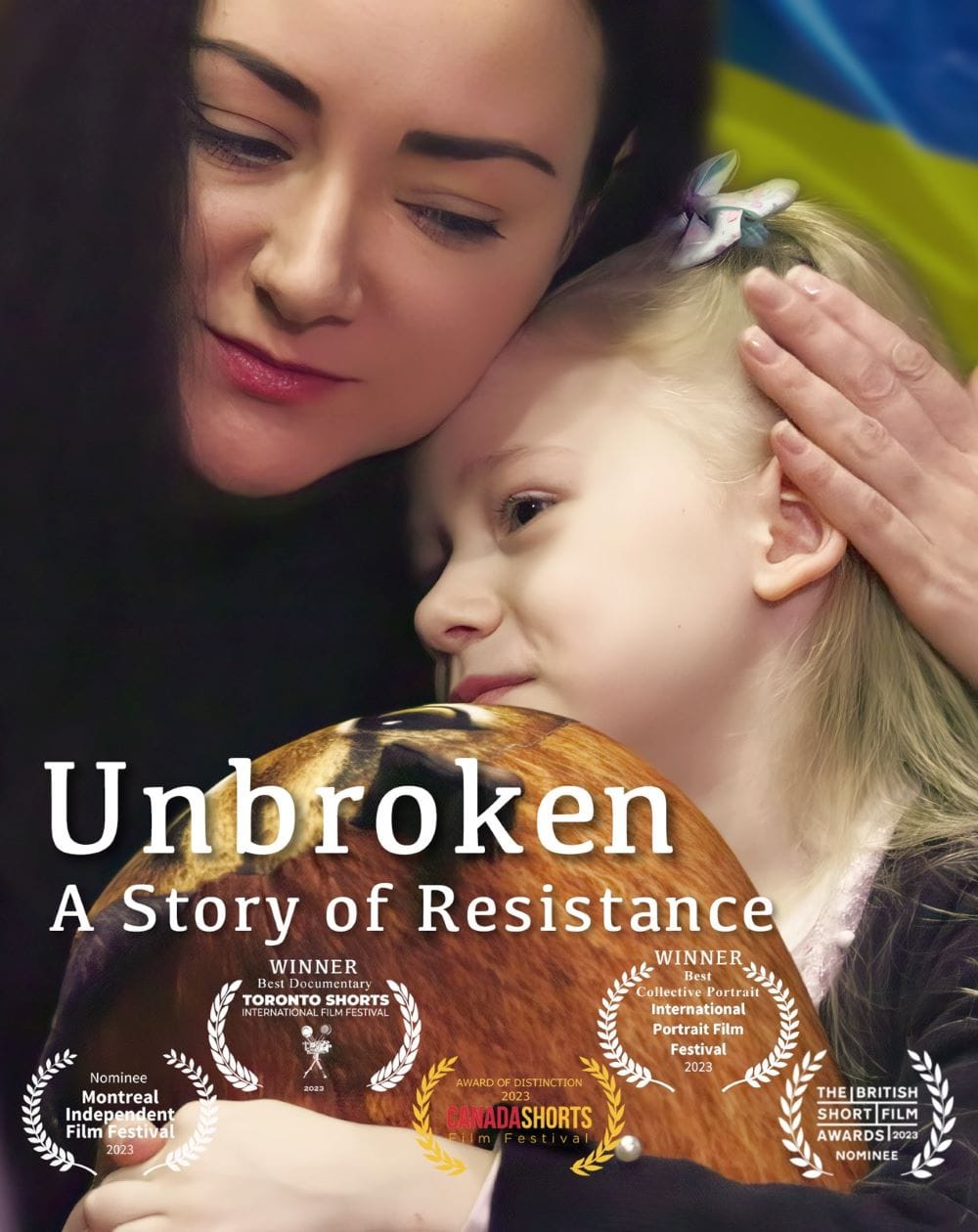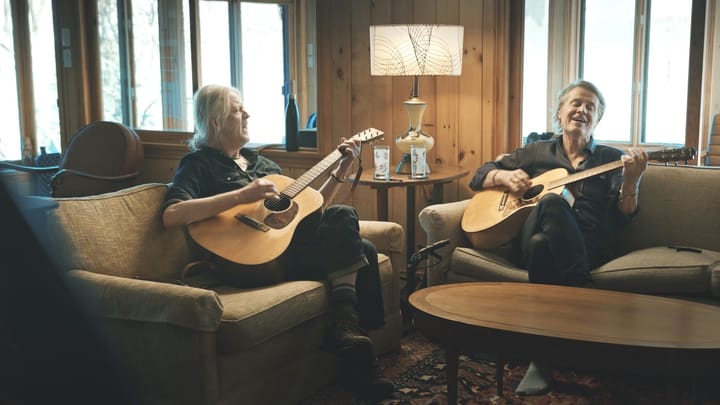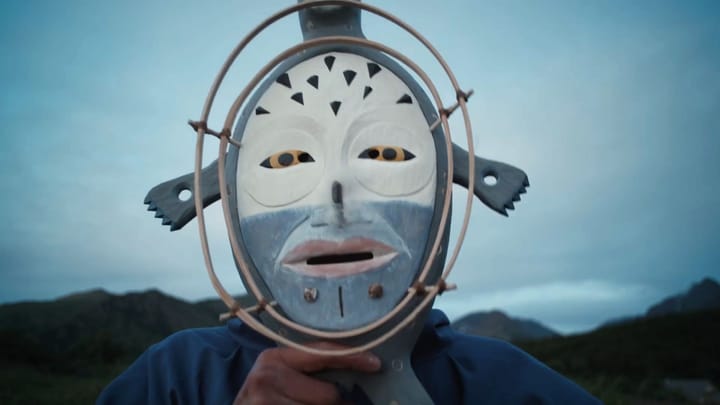A mother and daughter struggle to cope with the trauma of the war in Ukraine in Unbroken: A Story of Resistance. Director Katharine Lake Berz talks about documenting the victims of Russian terror and those who are working to help them move on.
Unbroken: A Story of Resistance shines a light on the victims of Russia’s invasion of Ukraine and the efforts of war-trauma counsellors to help them recover and rebuild their lives.
The film focuses on the story of Oleksandra Ikonnikova and her six-year-old daughter Nadiia during their stay at a rehabilitation retreat for women and children who have suffered at the hands of Russian soldiers during the on-going conflict.
Both powerful and, at times, difficult to watch, the documentary follows the pair and some of their fellow survivors as they relive their traumatic experiences – including torture, starvation and sexual humiliation – and undergo therapy in a country where mental health care is in dire need.
Director Katharine Lake Berz, a freelance journalist and first-time filmmaker who focuses on “stories about the impact of global issues on people,” she says was moved to make Unbroken after learning about the atrocities of the war in Ukraine.
“I had started at the very beginning of the war being just apoplectic about the civilian casualties and then the rapes,” Lake Berz says. “It also frustrated me over many months that there was a lot of reporting about which missiles hit where, but we had very few human interest and real victim stories, around women specifically.”
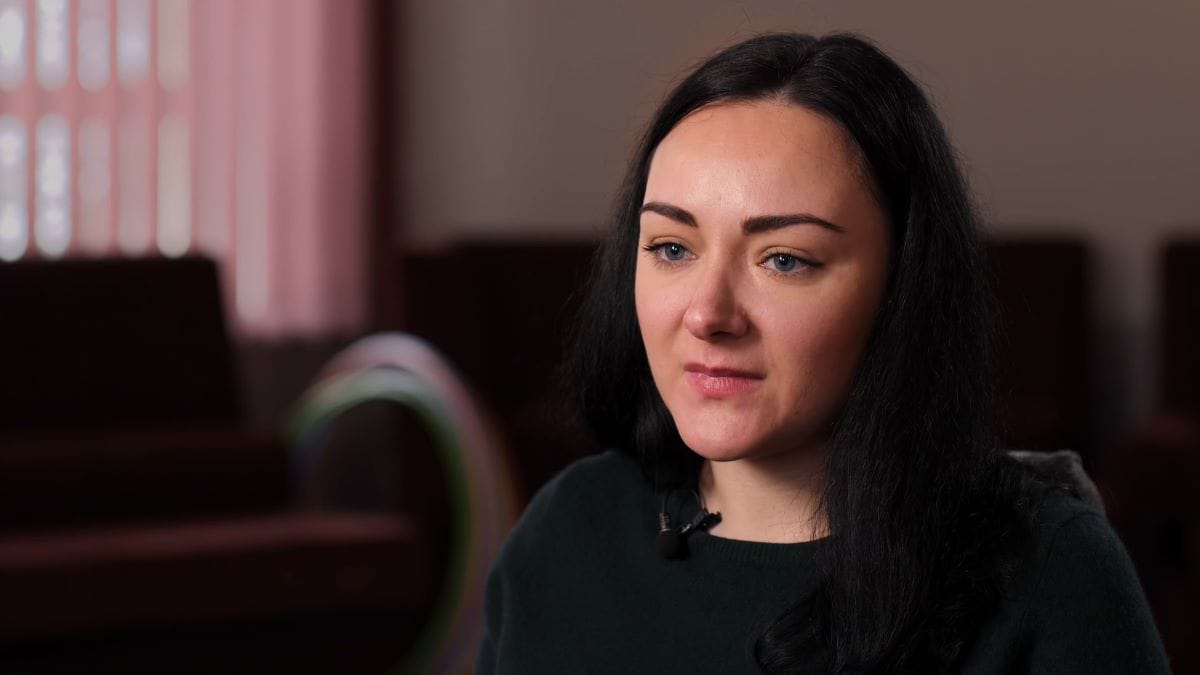
Through her work as a journalist, Lake Berz was invited to travel to Ukraine to visit a number of rehabilitation retreats for women and children traumatized by Russian war crimes.
“I kind of toiled around for a while on the invitation and then finally decided, ‘OK, I’m going to do it.’ It was hastily cobbled together, but I knew that I’d have unprecedented access,” she says. “[However], as a freelancer, you don’t really have any support. The Toronto Star said, ‘Wow, that sounds cool, but call us when you get back.’”
It was during the process of preparing to head to Ukraine, Lake Berz says, that the idea of shooting a documentary first came up.
“You get out of your car, you get checked and everybody has guns. There’s no question that it’s super scary.”
“I literally had a good friend who was a filmmaker staying at my house who said, ‘Oh, gosh you’ve got to take a camera,’” she recalls. “I ended up taking a very experienced filmmaker, Michael Parfit, who was willing on short notice to come with me and do the filming.”
Lake Berz travelled to Eastern Europe in late-2022, where she crossed into Ukraine from Poland – an experience she describes as “walking from light into darkness.” She adds that constant air raid sirens and days without power and water made it feel like “being on a different planet.”
“Just traveling through the country, you’re on darkened streets. Nobody has lights on in their homes, there are no street lights, every bridge is a checkpoint. Just getting around is very perilous,” she says. “We had documentation saying we could be there, so we never had problems, but you get out of your car, you get checked and everybody has guns. There’s no question that it’s super scary.”
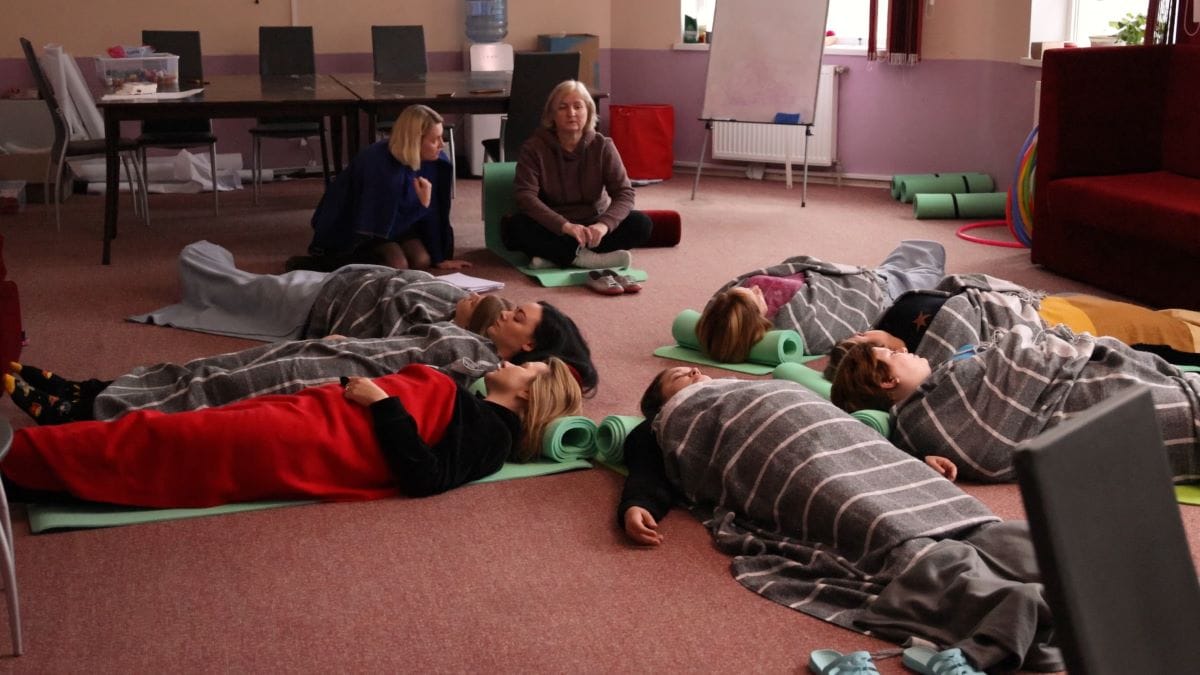
Lake Berz was able to speak with several of the women at the retreats she visited and to learn about the conditions they faced in Russian captivity and what they are doing to try to move on.
“We were welcomed into the retreats with absolute open arms,” she says. “We asked who would be willing to be on camera and every single woman signed a waiver. Every single woman wanted to participate.”
Despite the horrors described in the stories she encountered, Lake Berz says she was moved by the resilience and determination of those she met with to keep going and keep living.
“If you’re trying to tell an important story, people will help you. That was a very wonderful lesson to learn, for sure.”
“I have great admiration for the strength of the Ukrainian people, their fearlessness and their ability never to give up. The notion that they would concede in this war is non-existent,” she says. “What these people are enduring and the will to sacrifice everything for freedom is inspiring.”
At the same time, she adds that utilizing a camera to tell her subjects’ stories has opened a whole new door for her as a journalist.
“Filmmaking takes a lot longer than I’d anticipated, but we had help and many people were willing to volunteer their time,” Lake Berz says. “Our archivist was willing to volunteer her time. The music was donated. There were many generous people. If you’re trying to tell an important story, people will help you. That was a very wonderful lesson to learn, for sure.”
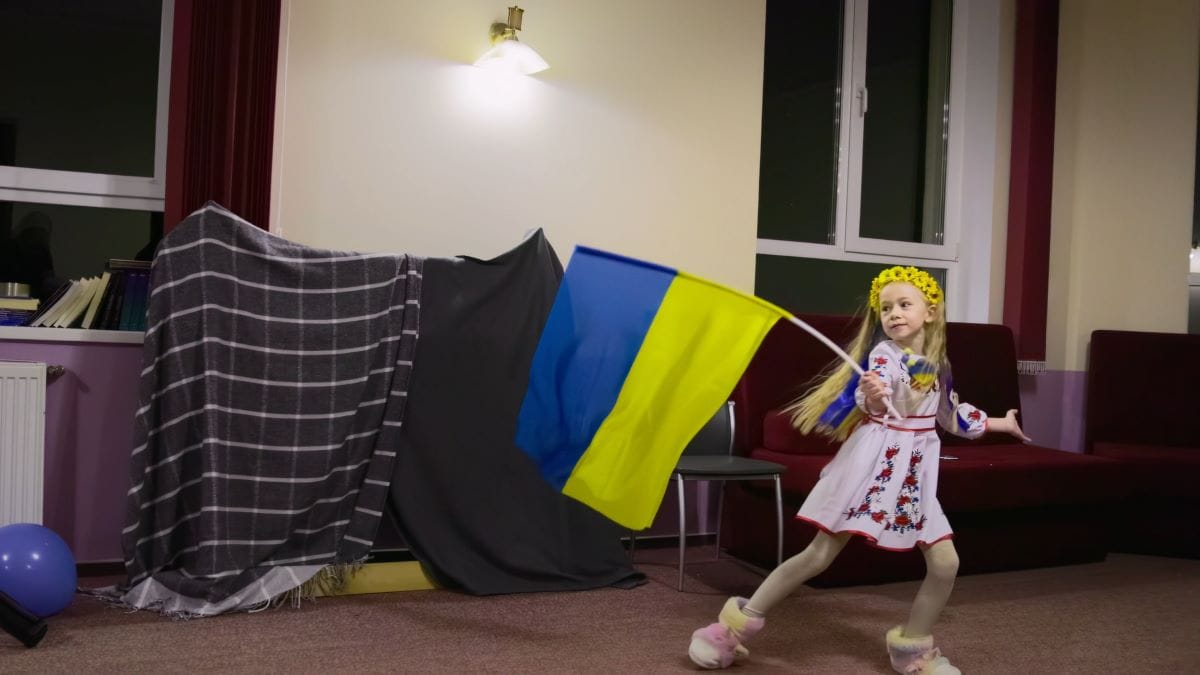
Unbroken: A Story of Resistance made its North American premiere at the Toronto Shorts International Film Festival in December, where it picked up the award for Best Documentary and Lake Berz says she is hoping to reach a larger audience in 2024.
Ultimately, she says she hopes that the film will help show the impact and the extent of the mental health challenge faced by the victims of war in Ukraine and elsewhere around the world.
“Canadians can continue to politically support the money going to Ukraine and just talk about it every once in a while with their friends and family,” Lake Berz says. “I hope, even though we get tired of the news headlines, that Canadians can just keep it in their minds.”
Connect with Katharine Lake Berz via her website here or follow her on Twitter here (@LakeBerz).
